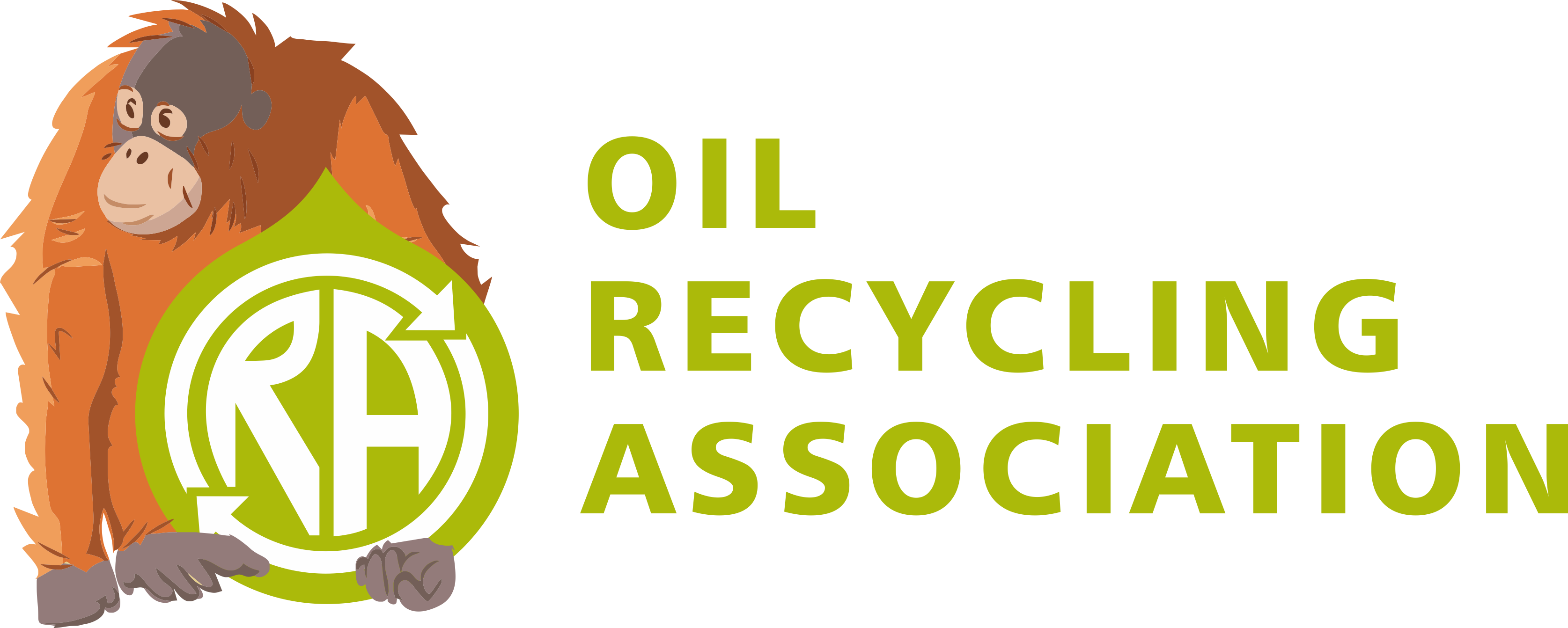When Franklin D. Roosevelt was inaugurated as the US president in 1933, he inherited a collapsed financial system; the stock and commodity exchanges and almost all the banks in the country had been closed for two weeks. Almost a third of the country was unemployed, and there was no direct relief for the jobless.
For the first time since the Civil War there were machine-guns at the corners of the great federal buildings in Washington on Inauguration Day. He famously began his address with the assertion that ‘The only thing we have to fear is fear itself’, and concluded that ‘the people have made me the present instrument’ of their requirement for decisive executive action and ‘in the spirit of the gift, I take it’.
Economics is essentially half psychology and half elementary school arithmetic. Boris Johnson was elected with a mandate to resolve Brexit, the most prolonged governmental crisis in the UK, since the English Civil War. He did so very quickly but the End Game is still a negotiation. In the meantime, along came Covid-19, more than 3 months of lockdown, bounce back loans and 7 months of job support. An overall economics package that remains on course to cost £500 billion OR the equivalent of 5 HS2 projects.
Roosevelt re-energised the US economy with a vast legislative programme of “public works”, a phrase that is now referred to as ‘Infrastructure Projects’. His second term in office was prolonged by WWII and then nobody worried about the economy.
The ‘build back better’ mantra or the so called £5 billion ‘new deal’, is a paltry sum when compared to the cost of the furlough scheme. As Government infrastructure spending counts towards the GDP calculation and, therefore, the GDP/Debt Ratio, there may well be no budget speech this year but there will certainly be many more headline grabbing announcements and buzz words.
